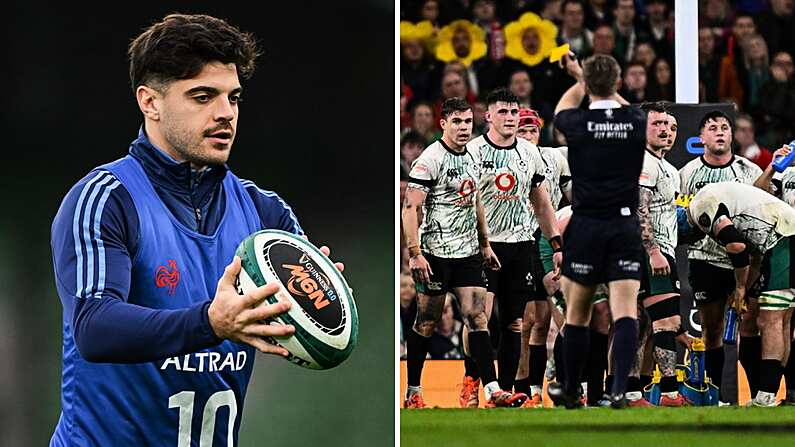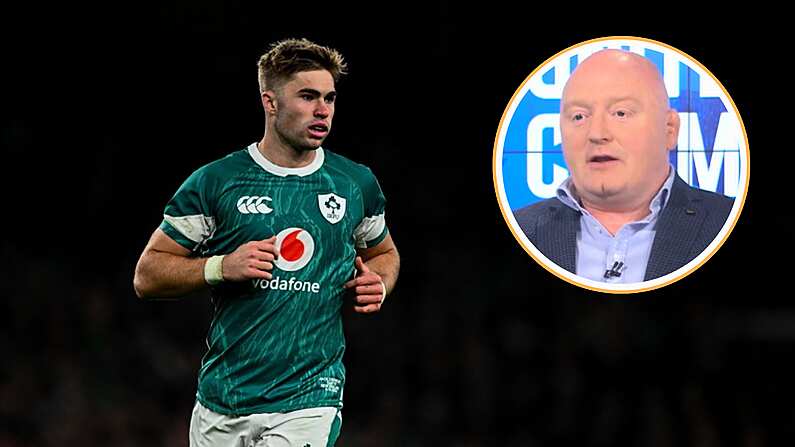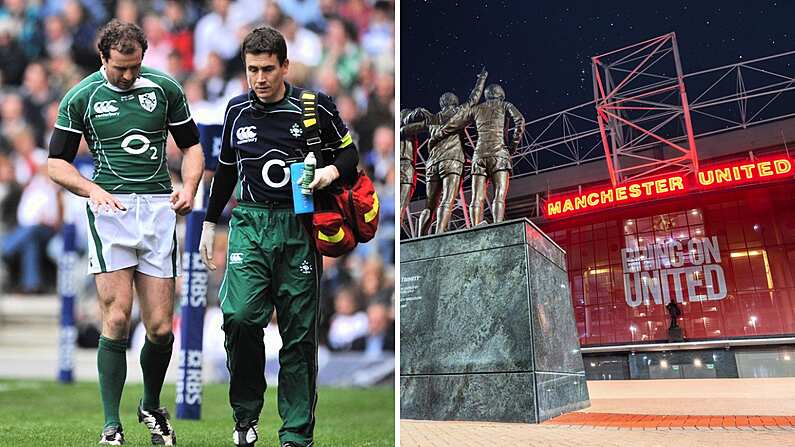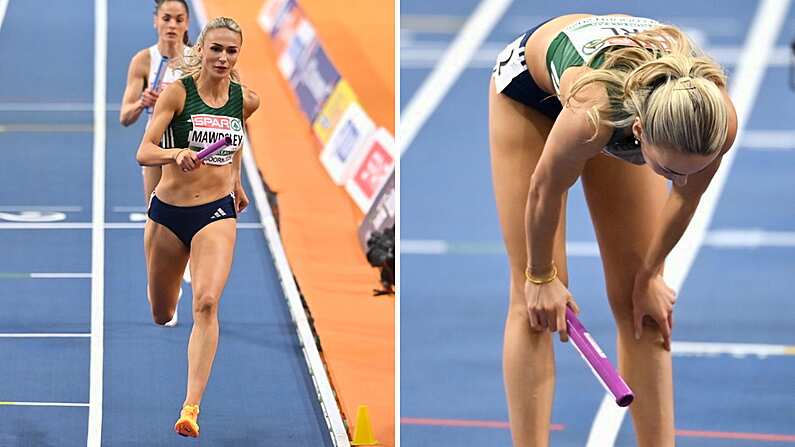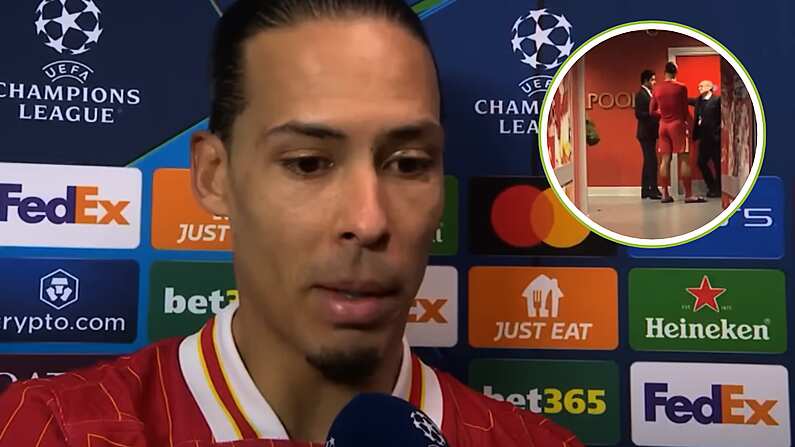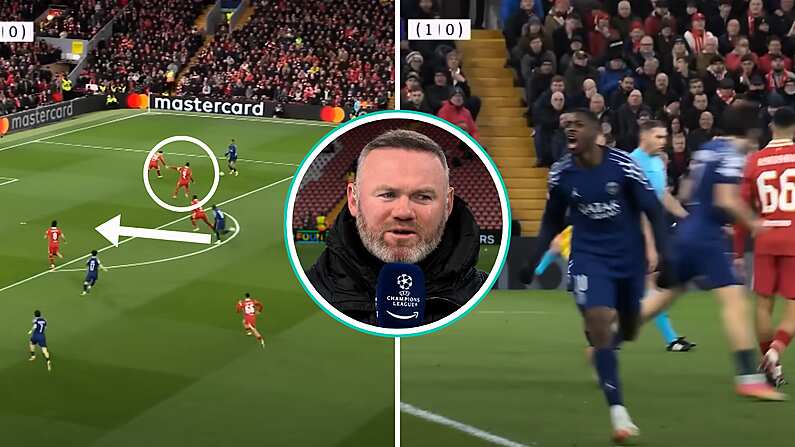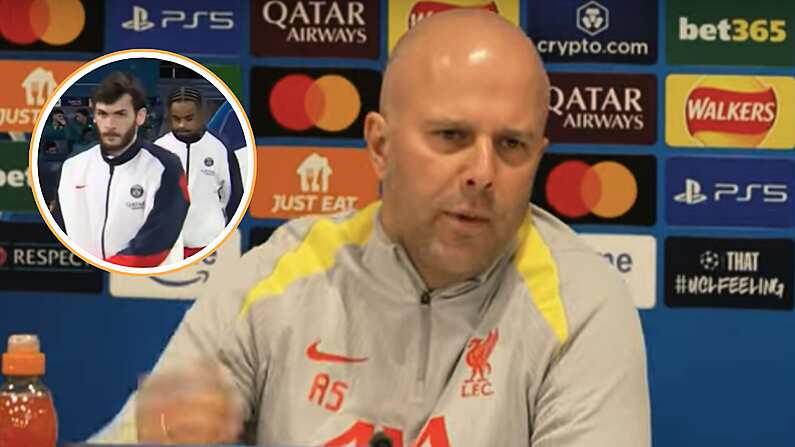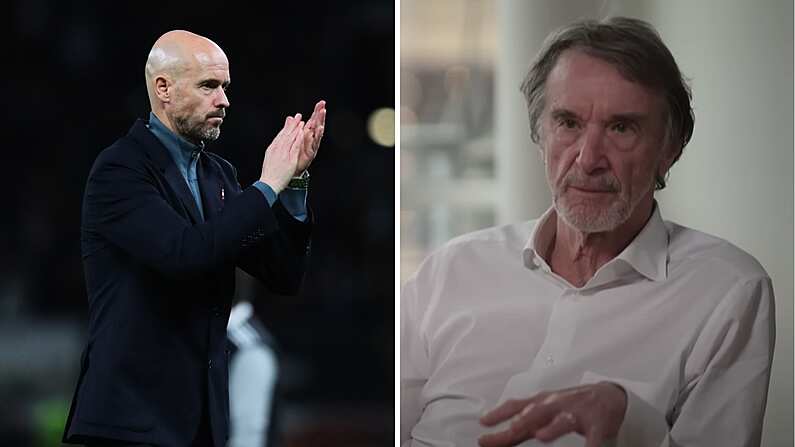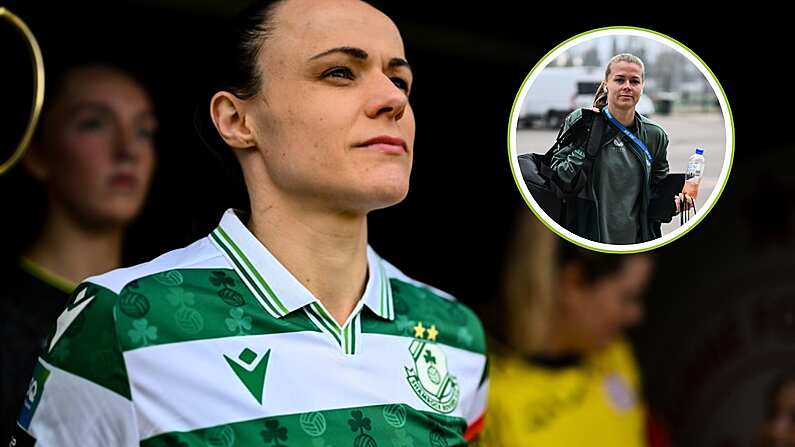Representatives from the G16, the portentously titled grouping of the richest and most powerful football clubs in the world (one wonders how long it will be before the hotels where they hold their meetings are besieged by placard-bearing protesters), met this week in the swanky Dorchester Hotel to toss back and forth the idea of setting up a European Super League.
The meeting was arranged by a bespectacled US soccer svengali called Charlie Stillitano, yet another Yank friend of Alex Ferguson.
This isn't, of course, the first time time a European Super League idea has taken wing.
Back in the 1990s, there were a few things that everybody knew and one of them was that a European Super League was inevitable.
And a Dublin club was going to be there.
It was a crucial plank of the Dublin Dons argument that a European Super League was imminent. The plan's proponents argued they were not just joining the Premiership, they were creating a club that would survive in the new dispensation.
Following Wimbledon's 5-2 defeat to Manchester United in August 1997, Joe Kinnear, an ardent supporter of the Dublin Dons proposal, spoke breezily about the inevitability of a Super League.
Even the likes of Spurs were going to go to the wall, according to soothsayer Joe.
The problem is that as the rich clubs get immensely richer, the poorer clubs are going to go skint. You'll have Celtic and Rangers in Glasgow, Manchester United and Newcastle definitely, your Liverpools and your Evertons and maybe Aston Villa in the midlands.
Realistically, there would only be two clubs from London. At the moment, that would probably be Arsenal and Chelsea.
In the new world, Wimbledon and their ilk were simply not viable.
Dublin, by contrast, was, according to Sam Hammam, 'a fantastically sexy option'.
As economist Colm McCarthy wrote, in his failed attempt to establish a Dublin side in the Scottish League in the early 1990s, Dublin 'had the market but not the product'.
The Dublin Dons dream died and the European Super League proposal went on the longest of long fingers.
Possibly even more fanciful that the Dublin Dons' idea, was the notion put forth by Ollie Byrne years later, that a League of Ireland team might be the one to take its place among the European elite.
'If there’s to be a Dublin club in a future European Super League, it will come from within and benefit the existing league structure here', he told Hot Press in 2004.
But no League of Ireland chairman was invited to the Dorchester.


